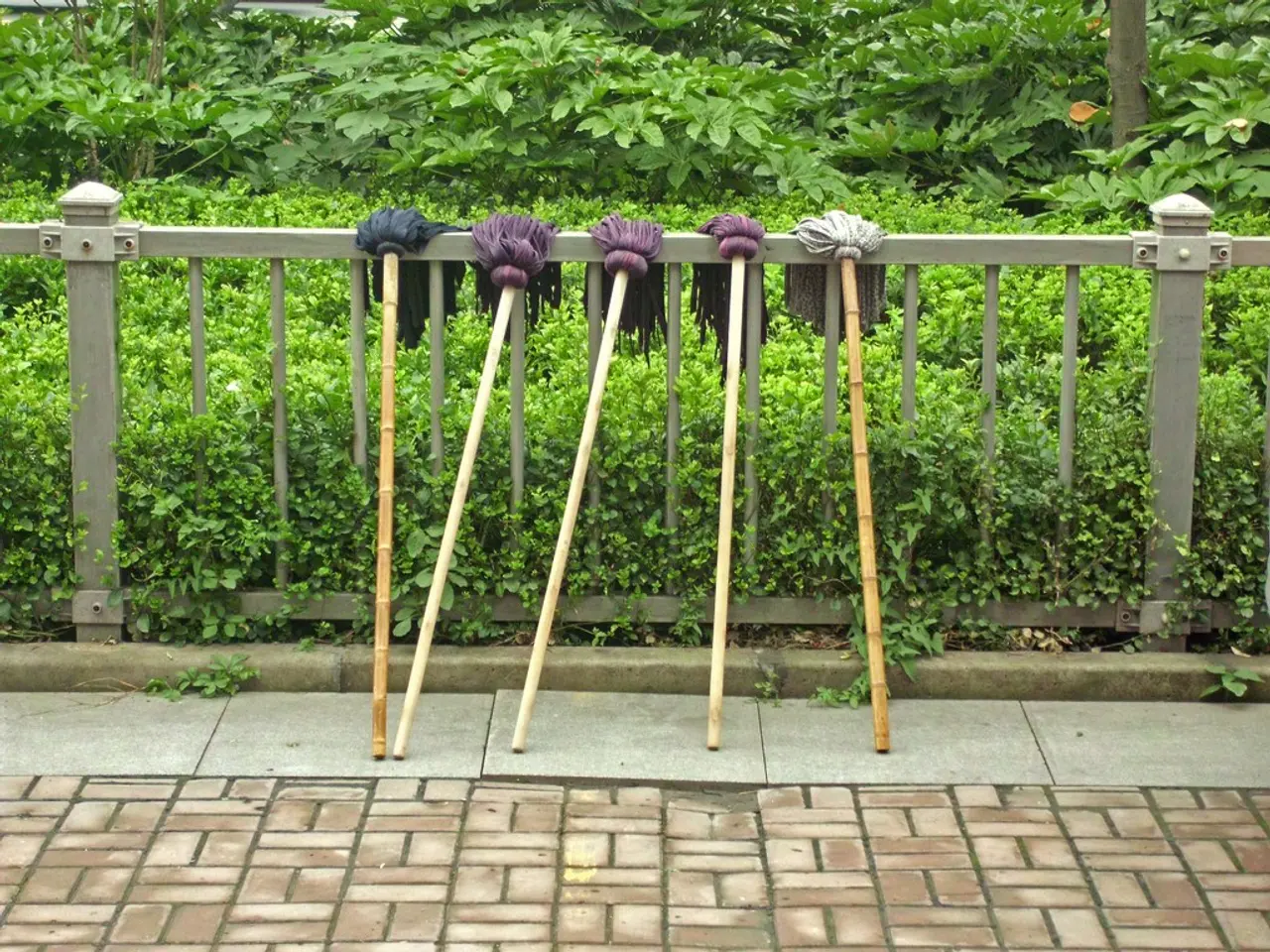Ineos Calls it Quits in Gladbeck: The End of Europe's Largest Phenol Production Plant
Ineos-owned facility shuts down production in Gladbeck - Subsidiary of Ineos shuts down factory in Gladbeck
Wavy Narrative:
It's time to bid a bitter farewell to Europe's granddaddy of the phenol production world, situated right in the heart of Gladbeck, Germany. The colossus of chemical conglomerates, Ineos, has pulled the plug on its arm outpost, leaving 279 employees staring at unemployment. Why, you ask? Because the harsh reality of market conditions has been relentless, making Euroland a pricey playground for phenol manufacturing.
Crunching the Numbers:
Europe's soaring energy costs and the burdensome European CO2 tax policy have turned the region into a costly battleground against Chinese imports and a global surplus of supply. In a nutshell, it's cheaper for competitors to produce phenol in foreign lands than here, thus leaving little room for Ineos to thrive.
Behind Closed Doors:
With more smoke than fire, Ineos has commenced negotiations with the works council, employees, customers, and suppliers, though a date for the plant's demise remains shrouded in mystery. Until then, operations will chug along like a well-oiled machine. Fear not; production will continue at the Antwerp site, as the company confirms it's not economically viable to keep both facilities up and running simultaneously.
Backstory: A Plant Born in '54
Nestled in the industrial cradle of the Ruhr Area, the venerable Gladbeck plant took root in 1954, specializing in phenol and acetone production. These substances are indispensable in the fashioning of headlights, brake pads for vehicles, and solvents in the processing industry. The plant boasts an annual production capacity of approximately 650,000 tons.
Ineos Phenol, a subsidiary of the mighty Ineos Group based in Cologne, stands as the world's leading manufacturer of phenol and acetone. This closure will undoubtedly create a noticeable ripple in Europe's plastic market, potentially leading to a higher dependence on imports or alternative suppliers. In turn, costs could skyrocket for manufacturers relying on phenol and acetone-based materials.
Playing the Long Game:
This move serves as a stark reminder of the challenges faced by the European chemicals market, as it grapples with shifting trends, geopolitical upheavals, and looks to adapt to a reimagined economic and regulatory landscape prioritizing sustainability and carbon neutrality. Ineos has indicated it won't fire up Antwerp's plant until 2027, hinting at a broader rehaul of its European operations.
[1] https://www.chemicalwatch.com/92723/ineos-shuts-gladbeck-phenol-plant-as-market-conditions-remain-difficult[2] https://www.ineos.com/ineos_phenol/phenol[3] https://www.chemicalwatch.com/92723/ineos-shuts-gladbeck-phenol-plant-as-market-conditions-remain-difficult[4] https://www.colorsmag.com/marketing-and-business/ineos-shuts-gladbeck-phenol-plant-as-market-conditions-remain-difficult-news-12-07-2023/
The ongoing European CO2 tax policy and soaring energy costs are putting a strain on the chemical industry, making it challenging for companies to compete with global surpluses and cheaper production in foreign lands. In the wake of Ineos' closure of Europe's largest phenol production plant in Gladbeck, there could be future implications for the plastic market, potentially leading to increased reliance on imports or alternative suppliers, therefore causing costs to rise for manufacturers utilizing phenol and acetone-based materials.
Ineos, the world leader in phenol and acetone production, seems to be restructuring its European operations to adapt to a changing economic and regulatory landscape, prioritizing sustainability and carbon neutrality. Vocational training programs may play a crucial role in helping displaced employees from the Gladbeck plant find employment opportunities in other sectors within the industry, ensuring a skilled workforce remains available for companies undergoing such transitions.




